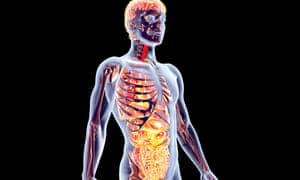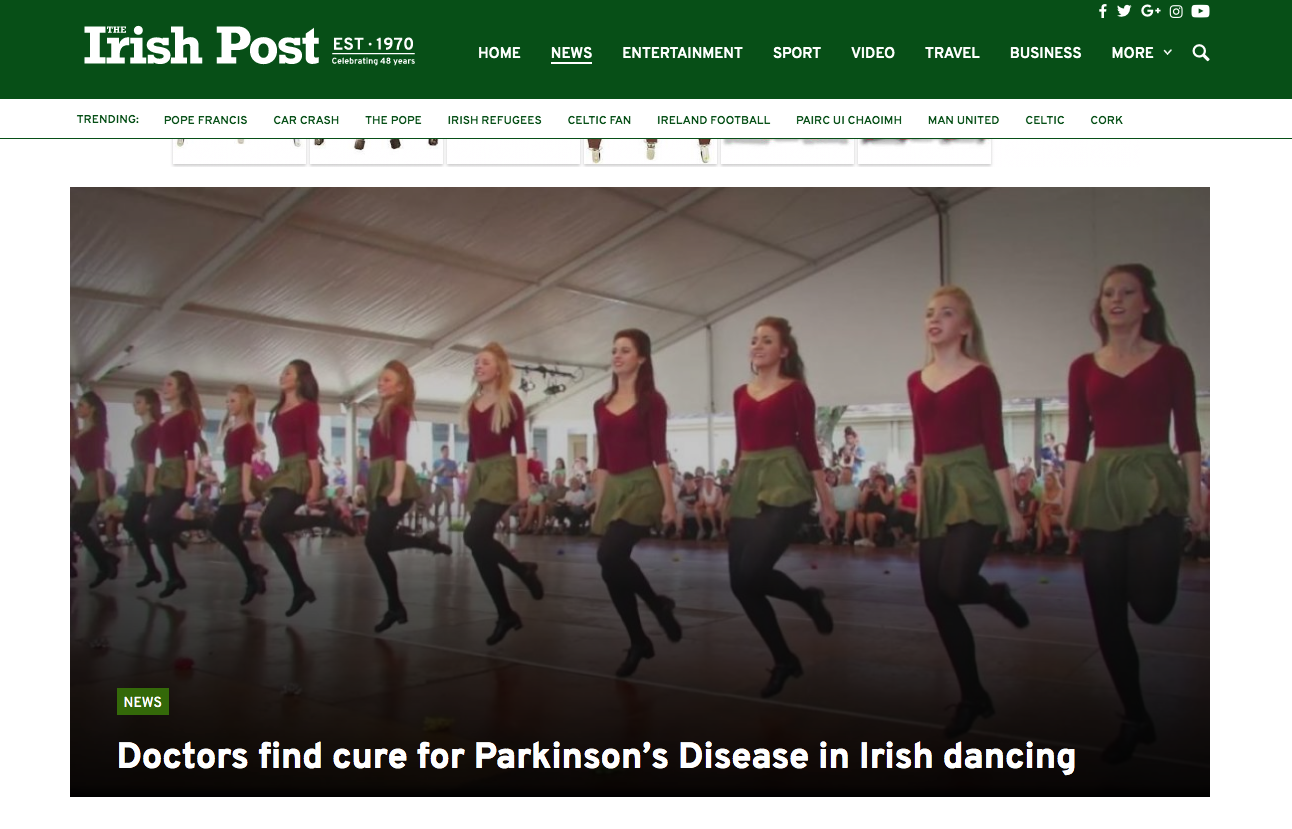
A few posts ago (or more precisely over 7 years ago!) I wrote of the varied and many ways Parkinson’s has impacted my life. Sadly, many of these ailments go hand in hand with Parkinson’s Disease. Although each person’s own experience will be different, many with PD will experience some, if not many, of these. Here, from that blog, O Lord Won’t You Buy Me A Mercedes-Benz, is a copy of that list.
- dyskenisis (involuntary movement)
- impediments in walking (balance, stumbling)
- impaired hand-eye coordination and depth perception
- reduced visual acuity
- weakened voice
- blank facial expression( the PD mask)
- muscle cramping
- drooling
- dry mouth
- dental problems
- choking
- insomnia
- over-active bladder
- weight gain and weight loss (more gain than loss though!)
- loss of sense of smell and taste
- fatigue
- rigidity and restricted mobility
- postural problems
- weakened dexterity
- cognitive impairment
- mood changes
- depression
- social withdrawal
- gastro-intestinal problems
- colitis
As I noted at the time, I didn’t put this list out there to solicit sympathy or evoke empathy. I think you will agree that it is a clear demonstration that PD is much more than solely a movement disorder.
In the 7 years since I penned this list, how have these symptoms changed? Generally speaking, I continue to experience everything on that list yet, over time, some of these have become more severe while others might be described as annoyances – ever-present but I’ve learned to cope. Some I struggle with in private. Some bring more public indignation.
Besides significant restrictions in my mobility – brought on by advanced PD, waning effectiveness of PD medication and aging- I recently discovered a new and unwelcomed “twist” on my PD. I stepped out of the shower and caught a glimpse of myself in the mirror. While this “check in the mirror” may sound banal to some of you, my guess is that a lot of people with PD don’t spend a heck of a long time looking at mirrors. There’s too much PD has taken from us…too much scarring of our bodies already that we don’t need reminding of!
Nevertheless, this glance was concerning. I stepped up closer to the mirror, straightened myself to confront the visage that faced me. But I couldn’t straighten out. My legs were relatively straight. My arms, when not flailing about, could be settled into a straight position for a time. But my entire torso was tilted or leaning to the right perhaps 15-20 degrees.
Huh? What’s up with that? How did this happen? How long have I had this lean? Could I do anything about it? Was I destined to live out my years looking like a sideways Quasimodo?
As I was to learn, this is known in the Parkinson’s community as Pisa Syndrome and is defined as “a lateral bending of the trunk with a tendency to lean to one side. It is a frequent and often disabling complication of Parkinson’s disease” (Lancet, 2016). There is no clear cause for it nor is there a consensus on treatment. It may be reversible but again there are no clear strategies nor substantive evidence to lead to this conclusion.
I have never been of the mind that I should feel shame or embarrassment about the way that I look, move or walk. I’ve even enjoyed the odd moment like I experienced once at a festival where an assembled crowd parted on the field to make way for me pass. They didn’t know what to expect as I lurched forward unsure of my step and unstable in my walk and my flailing arms just barely holding on to drinks! I recognize that, as my movements become more restricted, more strange glances will come my way. Same too with shuffling feet and a variable gait. Now add a twisted torso. Pisa Syndrome has already made a marked difference in my appearance and one that I’m sure will bring me further consternation as time goes by. For the moment, if you’ll indulge me, I’m just going to avoid mirrors for a little bit.








